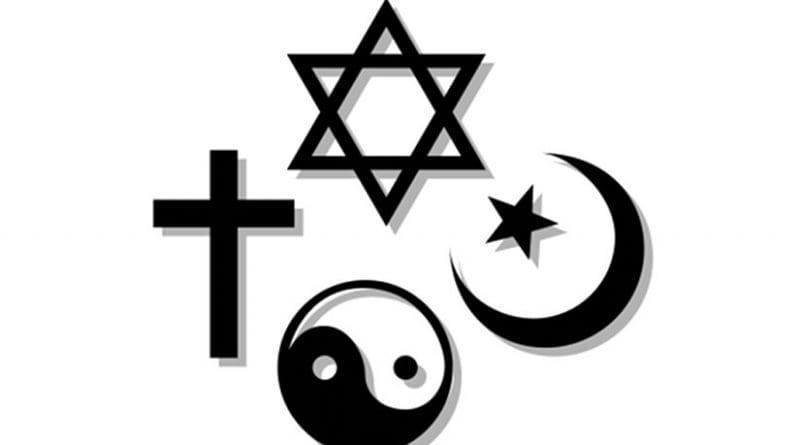Space For All: Love For All Is A Formula Taught By All Religions – OpEd
Love for all is a formula taught by all religions. In Hinduism, it is said: Vasudhaiva Kutumbakam— ‘The world is one family’. Guru Nanak ji said, ‘There is no Hindu, nor Muslim’. It means the same thing. In Islam, it is says: al-Khalqu Ayalullah, that is, ‘The entire creation is God’s family.’ It means that we are blood brothers and sisters. I think this is the gist of all religions—that the universe is for all, that there should be space for all, just as the sun and the air are for all.
Once, the Prophet Muhammad was seated. He saw the funeral procession of a Jewish person pass by and so he stood up in respect. In this way, he indicated that we should respect others as fellow creatures of the same Creator, even if we may follow a different way of life. This love for all, this well-wishing for all, this living in harmony with all, is, I think, the summary of all religions. If we have love for all, everyone will get opportunities to progress. Love for all means development for all, not just for one or some. There is no better formula for the world.
Now, there are always differences, even within a single family. But they aren’t in themselves an evil. They have a positive role to play. If everyone thought in the same way, what would there be for people to talk about or to learn from others? How would there be any discussion? It is only when there are differences in people’s thinking that there can be discussion, that there can be dialogue. And when there is dialogue there can be intellectual development. This can enhance people’s creativity, and, in this way, people can share with and learn from each other. So, there is great positivity in the fact of differences.
Once, in the USA, I asked a professor what he thought was the key of the West’s progress. He replied saying that people in the West regarded dissent as a good thing. They welcomed it. They didn’t think that differences were wrong, because where there is dissent, someone will have a new idea and there can be dialogue, and that can lead to learning something new.
So, there should be space for all and tolerance for all. Without this there can’t be peace. The Quran tells us: Lakum Deenukum Waliya Deen, that is, “For you your religion, for me mine” (109:6) It means follow one religion and respect all. Can there be a better formula for harmonious living than this? It means that if someone thinks differently from you, don’t try to eliminate or fight with him. Rather, you should respect and tolerate his difference of opinion. I can’t think of a better formula for society. In this way everyone gets room and society as a whole progresses.
If there’s just one way of thinking in a society, how will there be progress? If a garden has different types of flowers and plants, how beautiful it looks! If someone thinks differently from you, that’s his issue. Learn to accept it. So what if some of his views about something—be it religion or something else—are different from yours? That is his choice. Let him have his views and you have yours. Learn to respect the other and be his well-wisher even if he doesn’t think like you.
This is human-friendly behaviour. In business, they talk of ‘customer-friendly behaviour’. I think we should have something called ‘human-friendly behaviour’ in our dealings with everyone, not just in business matters. This is a wonderful recipe for peace!
Once, I stayed in the house of a businessman. He was always very happy. I discovered that if anything happened, even something unexpected, he would respond very positively, saying, ‘Ok, it’s fine!’
What a positive formula! If you adopt this formula, you will find that it will quickly defuse many potential conflictual situations.
(This is a modified transcript of a talk delivered by Maulana Wahiduddin Khan on 30 January 2016. This article was published by New Age Islam.)

